Teachers and students to supply teaching cases to new case house
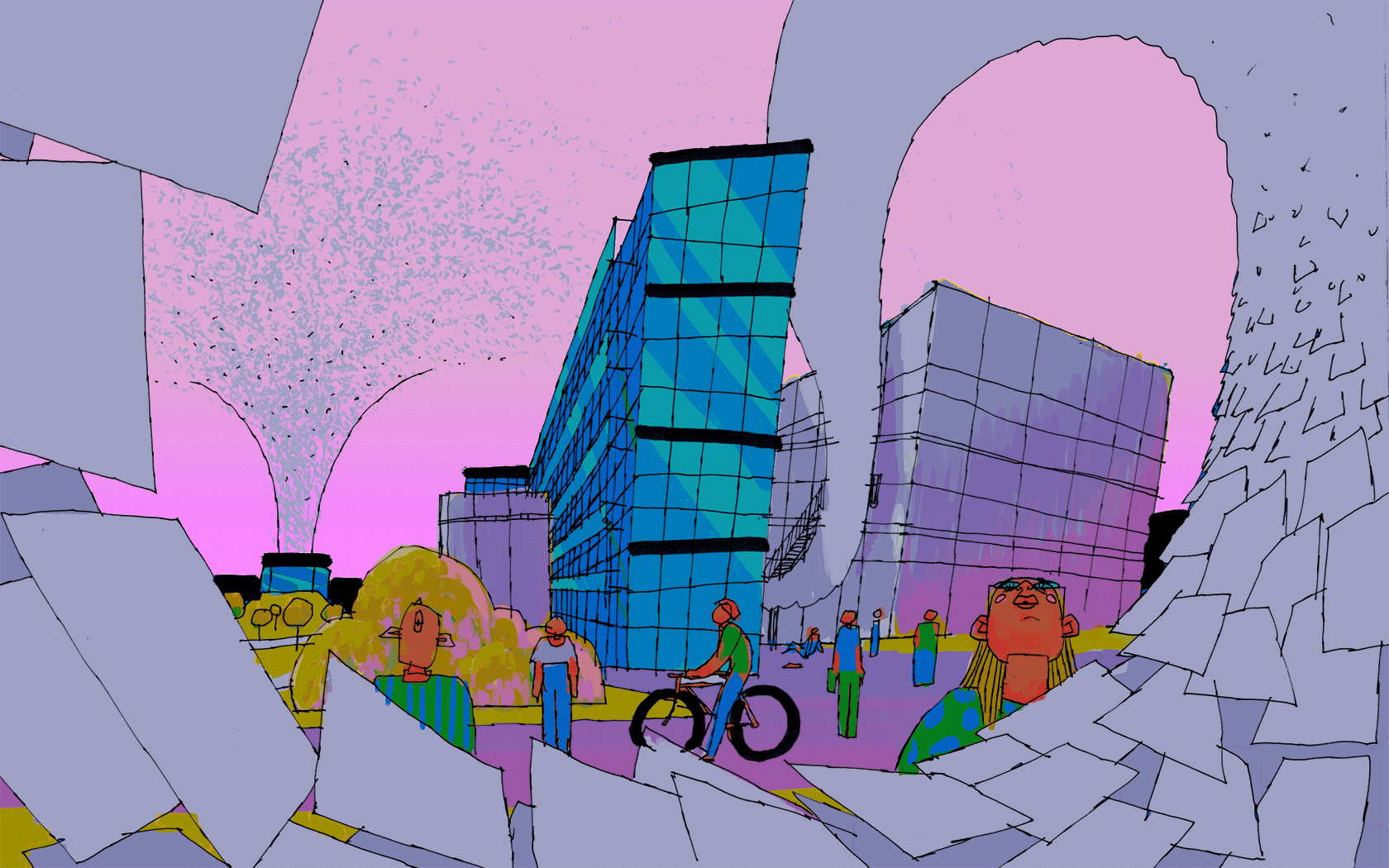
(Illustration by Emil Friis Ernst)
Nordic Case House is a new strategic CBS initiative, and one of its main aims is to ensure case-based teaching is a deeply rooted element of CBS. And teachers are not the only ones who can provide the cases, as students can write them too, explains CBS’ Associate Dean for Life-Long Learning.
Teachers and students who want to develop, write and publish teaching cases now have a place to take their ideas at CBS.
A new strategic CBS initiative is to establish Nordic Case House (NCH), which according to Caroline Krzton, Case Project Lead at Teaching & Learning, will be a driving force behind getting more case-based teaching at CBS.
“When we began our research for NCH, we realized that many teachers are already using cases, but we also believe that many teachers have unpublished cases in their desk drawers. We want to promote case-based teaching and develop cases that take their point of departure in Nordic and Danish businesses, as a supplement to the many international examples,” she says.
Rasmus Johnsen, Associate Dean for Life-Long Learning at CBS, sees NCH as a means of creating an ecosystem in which students, scholars and the business sector work together to solve problems and create cases to be taught around the world.
“Businesses have an everyday existence full of learning opportunities, which researchers and students can dive into and explore. They face problems that students and researchers can utilize for everyone’s benefit, through cases, for example. And the cases can be used by others, whether they are in Helsinki or Bilbao,” he says and continues:
“Researchers and teachers have opportunities for writing and publishing cases, but there are relatively few opportunities for students to do the same. Hopefully, with NCH, we will see many more cases based on students’ work.”
According to Caroline Krzton, who is also a Case Coach at CBS, research shows that case-based teaching creates so-called ‘sticky learning’ and that is one of the main reasons that cases have been gaining popularity at business schools around the world. Especially business schools in the US, Canada and Asia have practiced case-based teaching for decades, she explains.
“Cases are ideal for tapping into different capabilities such as teamwork, problem-solving, presentation and feedback. Moreover, cases are complex, ambiguous and packed with dilemmas. And the students learn a lot more,” she says and continues:
“With cases, we are talking about sticky learning. The learning you get from a case sticks because students are more engaged, and enjoy relating to the world outside, research shows. And most students are actually going out in the world after CBS, so they need to be able to translate their knowledge into something useful.”
What we really want is to strengthen the students’ capacity to learn
Rasmus Johnsen
I’m dreaming of…
Caroline Krzton explains that CBS has tried to introduce more case-based teaching previously, but the recent years’ increase in the number of case competitions, combined with the students’ liking for cases, have opened CBS’ eyes to cases.
“Case-based teaching is on the move. More and more universities in the Nordic region are branding themselves as case universities. Also, more universities are taking a practical approach to their teaching, whereas CBS is more traditional and theoretical. We are less practical compared to other business schools, which is something CBS would like to break away from,” she says.
Right now, NCH is in the middle of kick-starting pilots and connecting with relevant peers in and around CBS. For example, NCH has partnered with the open-source platform Bowline – a collaboration between restaurants and scholars, including some from CBS.
Through Bowline, five groups of CBS students are writing their theses on various topics highlighting issues within the culinary industry. The students then have direct access to people working in that industry, and the aim is to write cases based on their findings, explains Rasmus Johnsen.
“We can create an ecosystem where the industry opens up to our students, and those students then have a chance to give something back, for example a case, which can be used in other teaching settings,” he says and continues:
“And this is just the beginning. I’m dreaming of having more study programs and professions engaged. What if we had the same opportunities for shipping or the health sector. Then we could create these new spaces for learning. That’s my dream.”
We hope the different pilots and projects can spark a movement at CBS, says Caroline Krzton:
“We want to increase the number of published cases from CBS, as we have a hypothesis that if the teachers write and publish their own cases, they are more likely to teach them as well,” she says.
A best case award
Caroline Krzton does not expect CBS to be in line with case universities like Harvard in the near future. However, she hopes that establishing NCH will make case-based teaching as acknowledged in terms of a teaching format as research-based teaching.
“It is acknowledged, but it would be great to engage and inspire teachers and businesses to make cases, also as part of the REEAD model. In my view, writing and publishing a case should be on a level with writing and publishing a scientific article. It should be something that can be recognized with an award,” she says and continues:
“And hopefully, we will be known as a place where you can come for well-written Nordic cases. So if you are in India or the US and looking for cases from a Nordic lens, NCH will spring to mind.”
Rasmus Johnsen believes that case-based teaching is a fundamental aspect of creating life-long learning – and life-long learners.
“What we really want is to strengthen the students’ capacity to learn. If they can proficiently identify and make use of learning opportunities in their everyday professional life, then we have succeeded in making them life-long learners.”



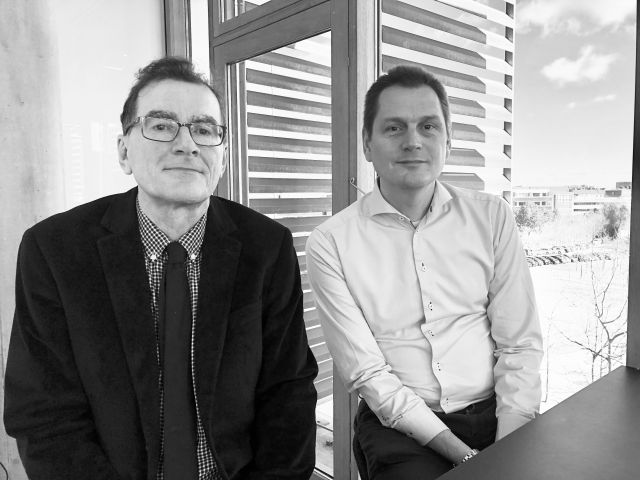
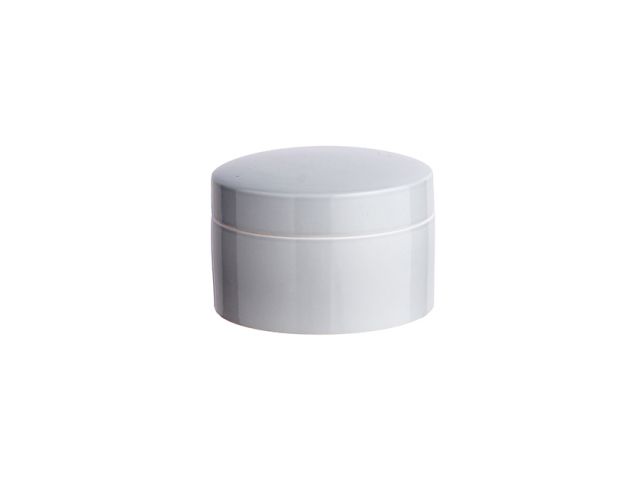
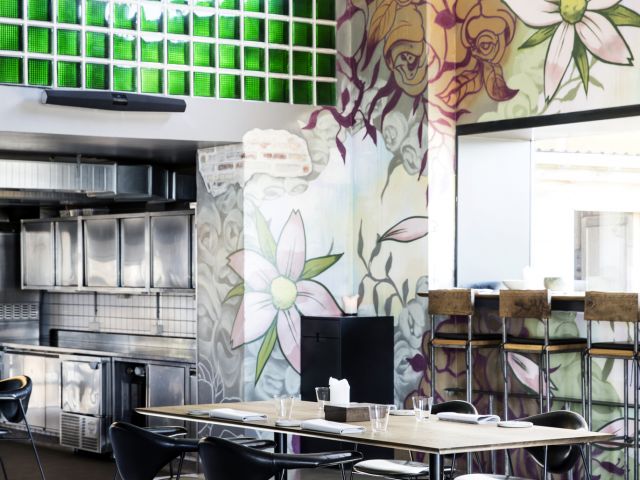
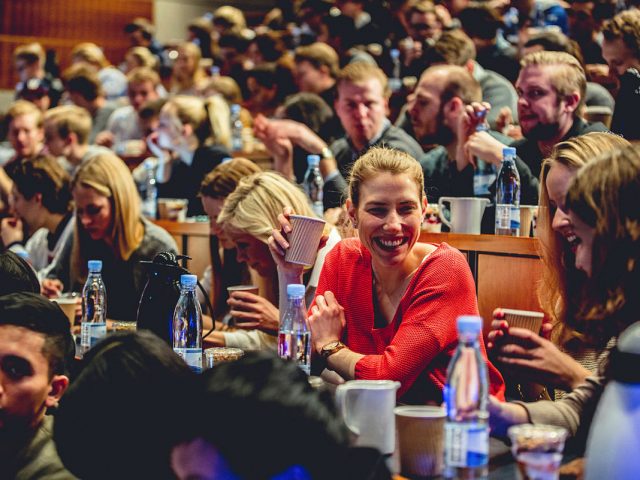
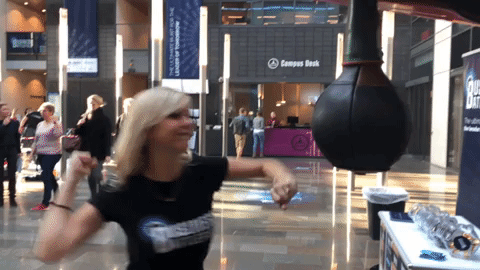
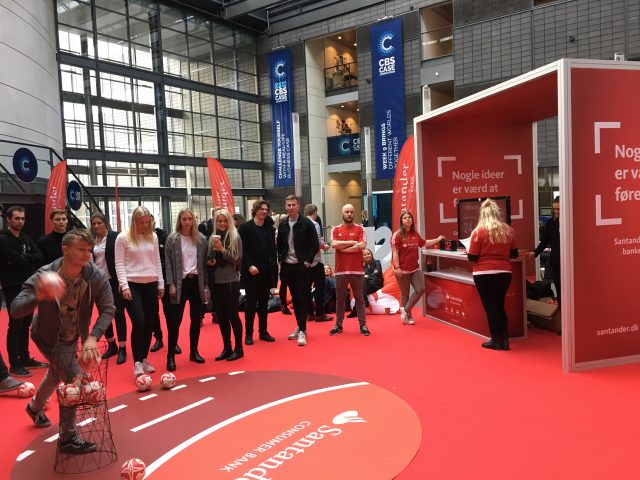
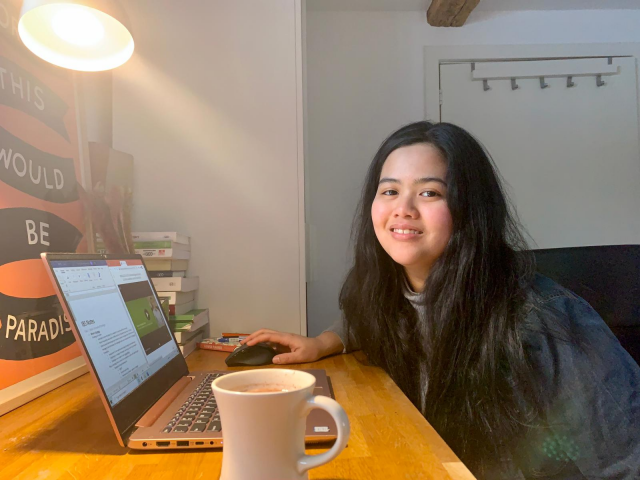
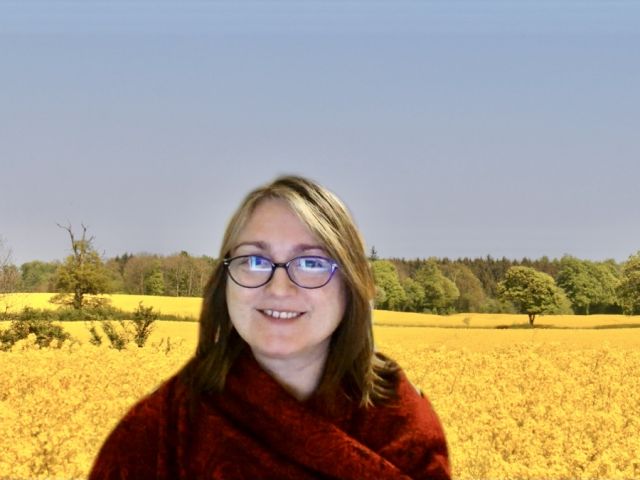





























































































































Comments